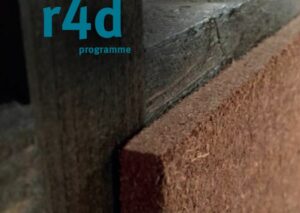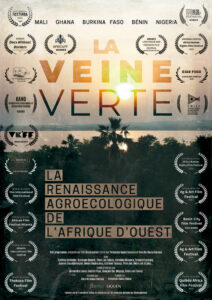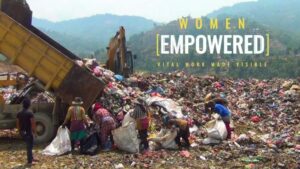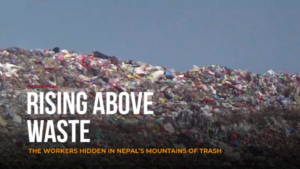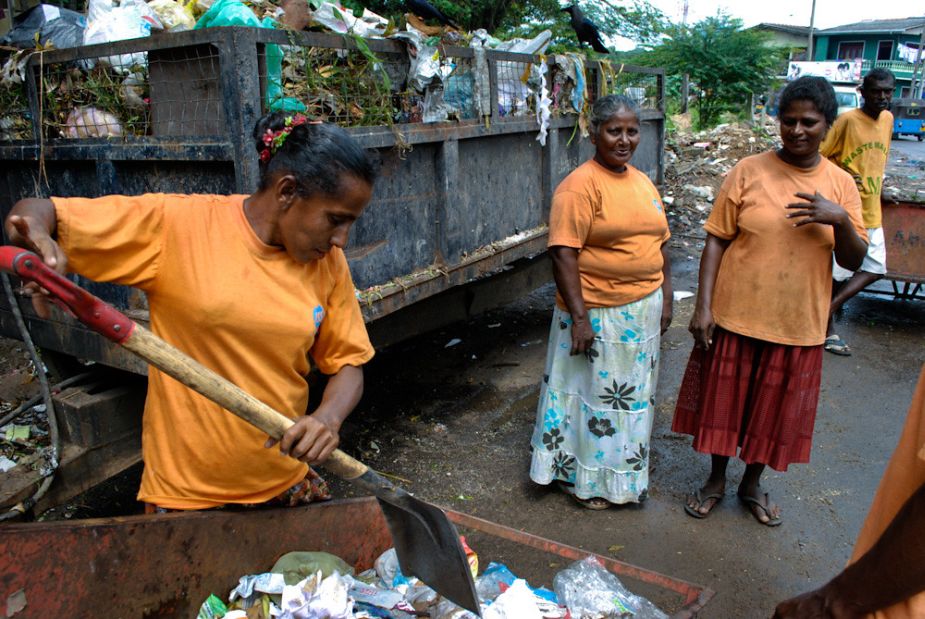
Material for life: Writing an autobiography of waste in South Asia
How could your toothbrush be worth more after you’ve thrown it away than before you bought it? T.A Jayanthi, a scientist with the Centre for Environment and Development (CED) in India, says the answer lies in skilful recycling.
“A toothbrush is made of three different types of plastic,” she explains. “The plastic in the bristles, the handles and the cover are all different.” When these are separated and remoulded through the recycling process, they are given a new purpose – and even a new value. The toothbrush you bought might get a new life as part of a mug or bucket.
The profits from sales and the items reused through this process feed into a so-called circular economy which adds value to material otherwise considered to be waste, and offers benefits to people involved at every stage along the way. It starts from homeowners and then moves on to professional recyclers, up-cyclers and finally, to the consumer, who triggers the cycle all over again.
Jayanthi is part of an international, interdisciplinary team which has set out to improve municipal solid waste management in India, Nepal and Sri Lanka.
“Very simply, we are studying the autobiography of waste”
T.A. Jayanthi, Centre for Environment and Development
“Starting with a complete study of how the waste is being generated, we are looking at everything, right from a small survey to how the largest and the longest value chains are operating,” she says. “Very simply, we are studying the autobiography of waste.”
Innovation after crisis
In South Asia, home to nearly one quarter of the world’s population, waste management can literally be a matter of life and death. Meethotamulla, a neighbourhood in Sri Lanka’s Colombo District, faced a stark reminder of this in 2017, when the collapse of a garbage dump created a landslide that led to 32 deaths, including that of five children. Some 146 houses were damaged, affecting 190 families.
The disaster triggered an urgent reassessment of the sprawling city’s waste management practices. Many families began recycling for the first time. A special police unit, the Environment Police, increased its efforts to enforce pre-existing non-littering laws. People were asked by the government and given incentives to use sorting waste bins in public spaces and segregate waste in their homes.
Sri Lanka’s response is one of three studies that informed the research project by Jayanthi and colleagues. The second comes from Thiruvananthapuram, the capital city of Kerala, India: the municipality there developed an innovative decentralised, community-based solid waste management system – the Green Protocol– after protests over contamination forced a large composting plant to close.
A case from Nepal completes the trio. Within the space of a few months in 2015, the country was struck by a severe earthquake and a blockade on the border with India that led to a shortage of fuel. The little fuel left was channelled to emergency services. Garbage trucks were grounded, and solid waste could no longer be moved out of the cities or to recycling sites across the border. It was only when small private companies stepped in that the system got moving again with door-to-door waste collection, while neighbourhood clubs began to raise awareness in urban areas around Kathmandu.
It’s often said that crisis brings opportunity – and the team seized it with a project that builds on those innovative responses to help countries build management systems that are sustainable and create a circular economy. “This value chain was a missing gap in earlier projects,” Jayanthi points out.
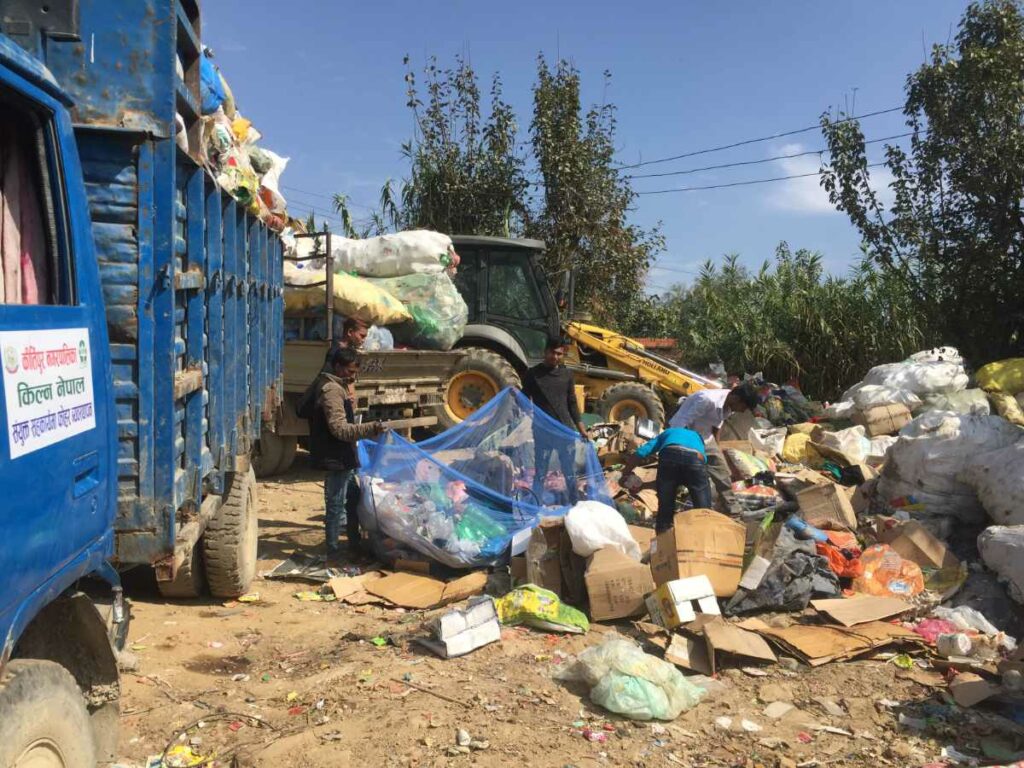
Picture 1: Separating plastic from overall household waste in Kathmandu. Credit: Yash Man Karmacharya
The challenge is only set to grow. Across the region, economic development and rising consumerism are fuelling an exponential increase in municipal solid waste, which is expected to nearly double between 2018 and 2050. Current systems simply aren’t up to the task. Open dumping continues in many cities, garbage collection remains incomplete, and processing facilities are deficient.
“In [the] case of Nepal, we call it solid waste management but actually it is not really waste management,” says Sudarshan Rajbhandari, Program Director at the Centre for Integrated Urban Development (CIUD) in Nepal. “We are simply transferring our problem from one place to another … simply dumping the waste to the landfill sites.”
The poor capacity to handle waste underpins a disturbing array of local environmental problems. There’s air pollution from open burning of garbage that leaves cities cloaked in smog and creates health risks. The stink of garbage pervades some unfortunate residential neighbourhoods. There’s pollution and clogging of urban water bodies. Groundwater gets contaminated through leachates from landfills.
When municipal solid waste is poorly managed, it can also lead to significant greenhouse gas emissions–and that makes it a ‘cumulative’ global environmental issue, too.
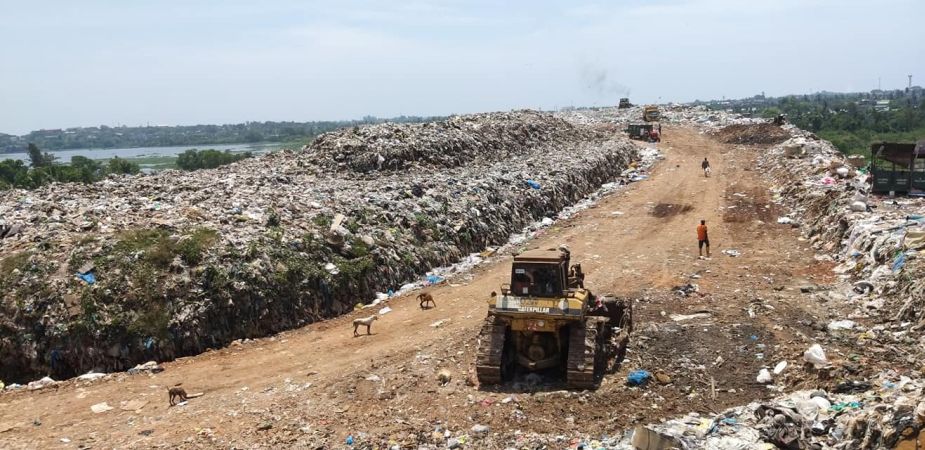
Picture 2: The Karadiyana dumping site on the banks of the Weras Ganga river, which for years was the sole source of water for the surrounding neighbourhood in Colombo city. Credit: Malith De Silva
Adding value
Kerala’s ‘green’ waste management system has emerged as something of a model. The state found it can reduce waste significantly and cost-effectively, and it has since been adopted by a number of institutions. The research team now has its sights on facilitating its rollout beyond India over the next year, with additional funding from the r4d programme, a joint initiative by the Swiss Agency for Development and Cooperation and the Swiss National Science Foundation.
Members in the consortium, which is led by the University of Lausanne, will be transferring this knowledge from India to Nepal and Sri Lanka, while supporting the process of adapting the protocol. They will do this through training workshops to build capacity, helping participants work towards co-creating knowledge and involving local stakeholders in the process.
“This is more like South-South learning,” says Sudarshan. “Because India’s condition and our condition, when it comes to waste management, is very similar, we can have similar solutions too.”
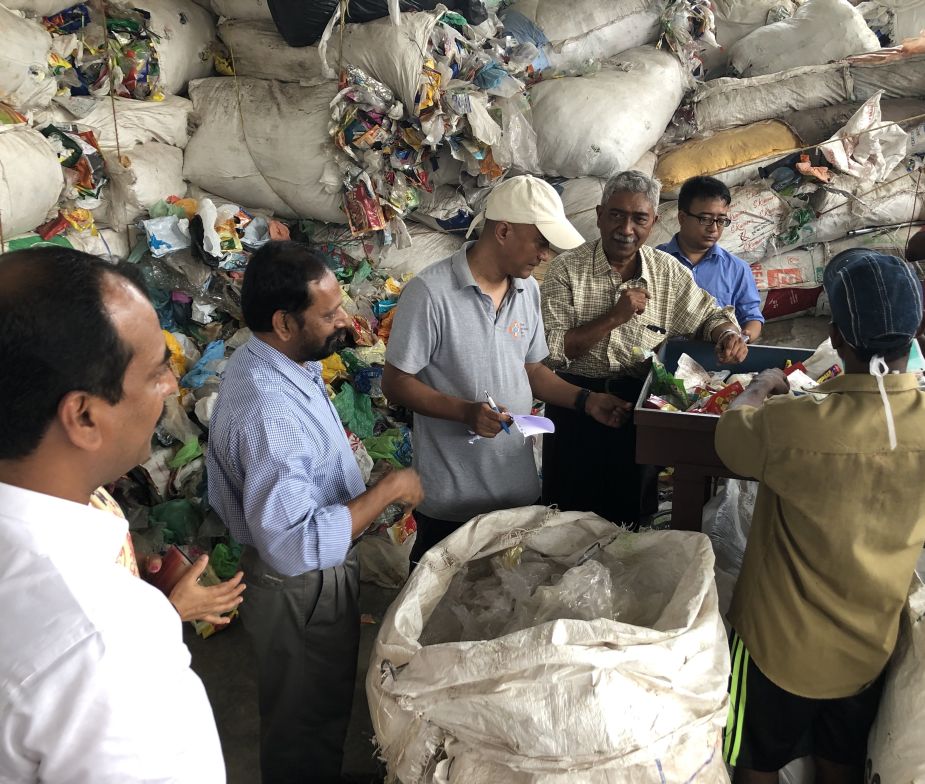
Picture 3: The Director of Clean Kerala Company at Thiruvananthapuram, Kerala, India is explaining the processing work of plastic from segregation, cleaning and
shredding to road construction. Credit: Pia Hollenbach
Workshop participants – a range of professionals involved in the waste system, from experts to managers in the private sector – will begin by looking at how waste is generated in the house, through to how it is segregated and then recovered and recycled, according to Jayanthi. “We will also look at what are the additive products or value-added products being brought out from a recycled product, and how this waste has been converted into wealth.” Along the way, participants will explore special focus areas such as e-waste and biomedical waste, or the waste generated from construction and demolition of buildings.
The team knows that any one country’s protocols cannot be simply copy-pasted, even in the same region. That’s why local professionals in the waste system will have to review and adapt them. And even then, the projects won’t have a chance of getting off the ground unless there is community buy-in. So before a project can be implemented or scaled up to the national level, participatory decision-making will be needed to tailor the strategy to regional conditions, including the sociocultural and political-institutional setting – such as gender, caste, class, and local climatic conditions. The Swiss Federal Institute of Aquatic Science and Technology will bring in some expertise on how to engage stakeholders in participatory planning.
“We are already developing a technology basket””
Sudarshan Rajbhandari, Centre for Integrated Urban Development
Entrepreneurship skills will also be part of the curriculum, covering various topics from finance to managing a waste company. The project will also help by transferring technologies –installing autoclaves to help hospitals manage biomedical waste, for example, or offering municipalities the machinery to recycle waste for use as raw materials in road construction. “We are already working on developing a technology basket,” says Sudarshan.
Jayanthi and Sudarshan are confident in their team and their technical partners. Feasibility studies in both Sri Lanka and Nepal are set to guide their choice of which technologies are appropriate to transfer. The greatest challenge to navigate is the pandemic – a crisis which also brings many of these waste management systems under greater pressure than ever. Jayanthi admits it is unclear when participants will be able to travel to India for training or site visits. But the team is making a start by developing training materials, organising virtual tours and setting up knowledge-sharing meetings.
Ultimately, the goal is to support sustainable management that feeds into a circular economy with multiple benefits: to cut down the volume of waste that goes to landfills, add value and enable people to generate income from segregated materials, and reduce the environmental and health fallout from managing waste.
In Nepal, for one, local government has seen waste management projects come and go.But Sudarshan is confident that working closely with officials from the start will help persuade them that this one is stands apart. “This will bring tangible benefits to the communities.”
Related Posts
The Green Vein: Agroecology Rising in West Africa
WOMEN EMPOWERED: Vital Work Made Visible
Sources
r4d Project:
Challenges of municipal solid waste management: Learning from post-crisis governance initiatives in South Asia
Transformation Accelerating Initiative:
Participatory Training 4 Sustainable Waste Governance: South-South Knowledge Transfer Program
Credit title picture:
Belinda Wise
About the authors:
Anita Makri is a freelance writer, producer and editorial adviser based in London. Smriti Daniel is a writer and communication consultant based in Adelaide.
